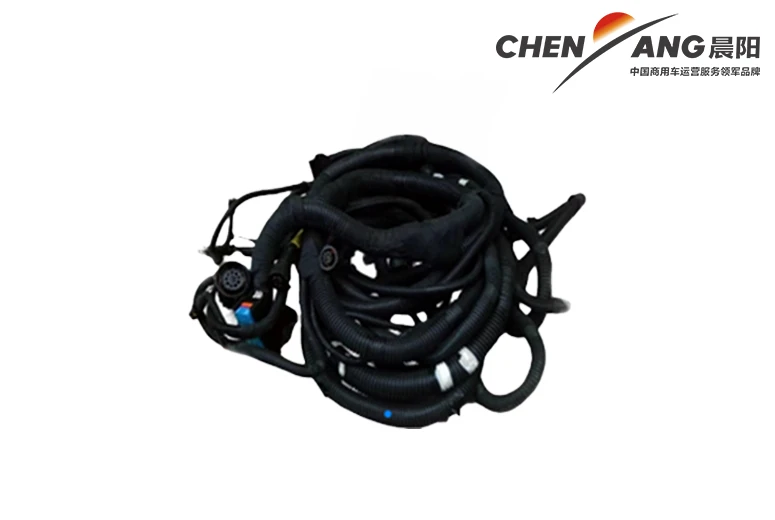Understanding the Importance of Car Gear Oil for Vehicle Performance and Longevity
Understanding Car Gear Oil Importance, Types, and Maintenance
Car gear oil, often referred to as transmission fluid, plays a crucial role in the performance and longevity of vehicles. This specialized lubricant is designed to ensure smooth operation of the car's transmission system, whether it is manual or automatic. Understanding the importance of gear oil, its types, and how to maintain it is essential for any vehicle owner.
The Importance of Gear Oil
The primary function of gear oil is to lubricate the gears within the transmission. Proper lubrication reduces friction and wear between moving parts, which can lead to premature damage. Gear oil also helps to dissipate heat generated by friction, maintaining an optimal operating temperature. In addition to lubrication, it also acts as a sealant, preventing contaminants and moisture from entering the transmission system.
Using the right gear oil is vital to ensuring that the transmission operates efficiently. It not only affects the performance of the vehicle but also can influence fuel efficiency. Vehicles that run on the right type and quality of gear oil can experience better fuel economy, leading to cost savings over time.
Types of Gear Oil
Different types of gear oil are formulated to meet various automotive needs. The most common types include
1. Manual Transmission Fluid (MTF) This fluid is specifically designed for manual transmissions, providing the necessary lubrication and protection for the gears. It often has additives that enhance performance, especially in cold weather conditions.
2. Automatic Transmission Fluid (ATF) Designed for automatic transmissions, ATF serves multiple functions, including lubrication, cooling, and even serving as a hydraulic fluid for the transmission's shifting mechanisms. ATFs are typically red in color and are available in several different formulations to cater to various vehicle requirements.
3. Gear Oil (SAE 75W-90, 80W-90, etc.) Used in differentials and transfer cases, gear oils are thicker than transmission fluids and are specifically formulated to handle higher pressures and loads. They come in various viscosity grades and include additives to protect against wear and tear.
car gear oil

4. Synthetic Gear Oil Synthetic options provide superior lubrication and can withstand higher temperatures compared to conventional oils. They also offer better protection against oxidation and degradation, making them ideal for high-performance vehicles or severe driving conditions.
Maintenance of Gear Oil
Regular maintenance of gear oil is imperative for keeping your vehicle in optimal condition. Here are some tips to ensure effective lubricant management
1. Check Levels Regularly Periodically check the gear oil levels to ensure they are within the recommended range. Low oil levels can lead to increased friction and potential transmission damage.
2. Look for Contamination Monitor for any discoloration or burnt smell from the gear oil, which can indicate contamination or degradation. If you notice these signs, it may be time for a change.
3. Follow Manufacturer Guidelines Always refer to your vehicle’s owner manual for specific recommendations regarding the type and frequency of gear oil changes. Different vehicles have unique requirements based on their design and intended use.
4. Change Gear Oil Periodically Like engine oil, gear oil also degrades over time. Most manufacturers recommend changing the gear oil every 30,000 to 60,000 miles, but this can vary depending on the vehicle and driving conditions.
5. Check for Leaks Inspect for any signs of leakage around the transmission seals and gaskets. A leaking transmission can lead to severe issues if not addressed promptly.
Conclusion
In short, car gear oil is an essential component in maintaining the performance and reliability of your vehicle's transmission system. By understanding its importance, recognizing the various types, and adhering to a proper maintenance routine, vehicle owners can ensure their cars run smoothly for years to come. A well-maintained transmission system not only enhances driving performance but also contributes to the overall safety and efficiency of the vehicle. Whether you drive a manual or automatic, investing time in understanding and caring for your gear oil is a step towards a more enjoyable driving experience.
-
2BFY Traction Series Grain Fertilizer Seeder - Chenyang Group|Integrated Seeding,FertilizingNewsJul.30,2025
-
2BFY Traction Series Grain Fertilizer Seeder-Chenyang Group|Integrated Seeding&FertilizingNewsJul.30,2025
-
Grain Fertilizer Seeder-Chenyang Group|Precision&EfficiencyNewsJul.30,2025
-
2BFY Traction Series Seeder-Chenyang Group|Integrated Seeding,FertilizingNewsJul.30,2025
-
2BFY Traction Series Grain Fertilizer Seeder - Chenyang Group | Precision Farming, Seeding & FertilizingNewsJul.30,2025
-
2BFY Traction Series Grain Fertilizer Seeder-Chenyang Group|Seeding & Fertilizing EfficiencyNewsJul.29,2025
Popular products

























